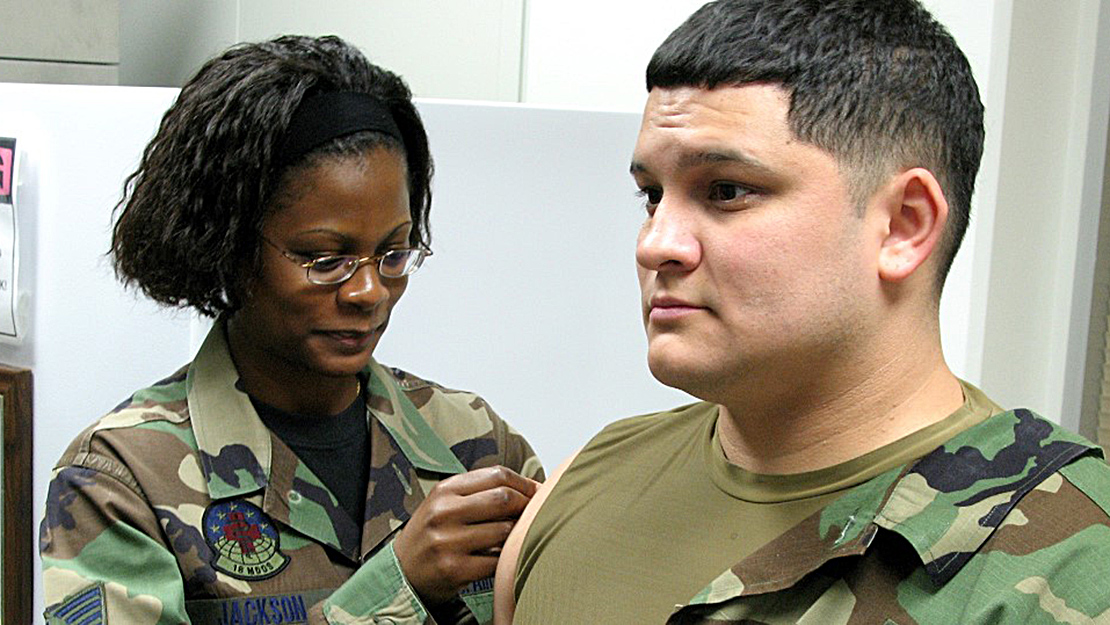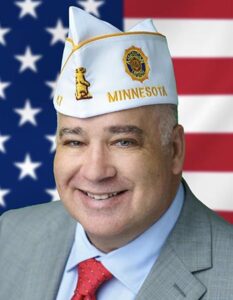American Legion NEC passes anthrax resolution

Measure calls for federal research into shot
INDIANAPOLIS — The American Legion National Executive Committee, at its meetings Oct. 9-10, approved a resolution calling for the federal government to conduct research on the anthrax shot given to many Persian Gulf War-era veterans.
Minnesota American Legion Department Service Officer Ray Kane was the primary author of the resolution. It is based on research conducted by the University of Minnesota Brain Sciences Center, founded by the American Legion Family Brain Science Foundation.
The research linked the shot to Gulf War illness.
“More than three decades after the Gulf War, veterans with GWI continue to experience significant health issues,” Kane said. “There is currently no definitive cure for the illness, and treatments typically focus on managing individual symptoms. However, ongoing research aims to better understand the underlying mechanisms of GWI and identify effective interventions, with some studies suggesting that neutralizing persistent antigens or removing them from the bloodstream may offer therapeutic potential.”

The resolution calls on the VA and several other federal agencies “to initiate a thorough and independent investigation to evaluate the effects of anthrax vaccinations on veterans.”
This includes long-term and short-term effects. It urges transparent findings for both veterans and the general public, and that agencies take necessary responses to the finding.
The same resolution was held up in a convention committee in August at the National Convention, but after a slight editing back to the way Kane had it in the first place, the measure passed at the NEC meeting in October.
The shot was given to Gulf War troops deploying to the Mideast but also to many troops remaining on bases. It was given to many civilians after the 9/11 attacks when anthrax-laced letters killed five and sickened 17.
Kane said Gulf War illness is a multiple-symptom illness. Symptoms are chronic fatigue, muscle and joint pain, cognitive and neurological issues, respiratory and gastrointestinal issues, sleep disorders.
Several factors have been cited, such as chemical exposures, bromide pills and burn pits. However, Brain Sciences Center researchers said they all have the anthrax shot in common.
Burial
A second resolution from Minnesota passed at the NEC meeting in Indy.
Kane said veterans give up burial rights when choosing an urn or commemorative plaque instead. The resolution calls on Congress to amend the law to allow them to retain eligibility for burial.
“For example, your mom might want your dad there,” Kane said. “The spouse got the burial benefit but the veteran didn’t. That doesn’t make sense at all.”
Resolutions
Kane encouraged posts to write resolutions and send them to district conventions.
“People can make change. It doesn’t have to come from department. That’s what is great about The American Legion,” he said.
He said department staff is happy to assist with understanding laws, rules and other factors so that posts can write resolutions.
Kane can be reached via email at [email protected].


